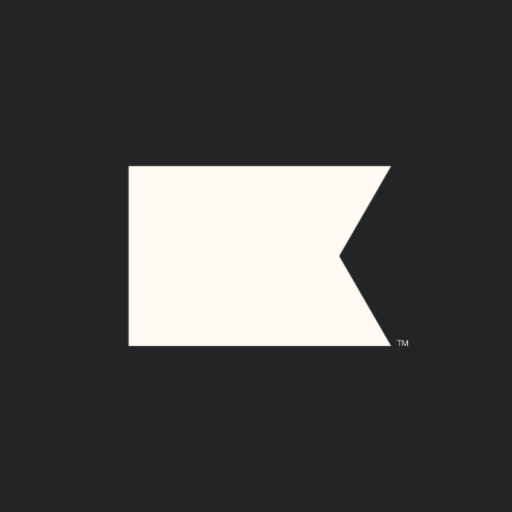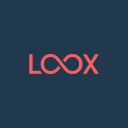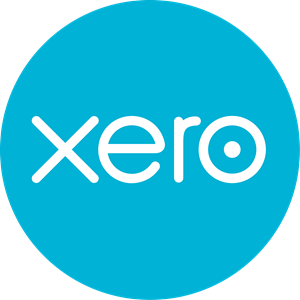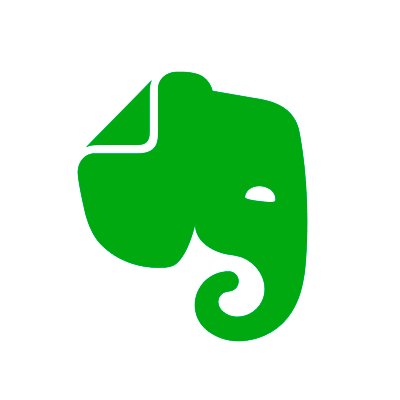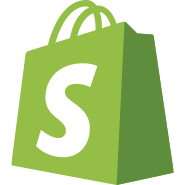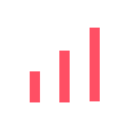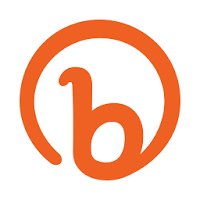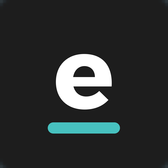My Niche Design & Manufacturing Company Went From 0 to $15K In 6 Months
Hello! Who are you and what business did you start?
Hello, my name is Grier Govorko and I am the founder and designer behind Bentolabs. My company specializes in designing and manufacturing modern, stylish flatpack furniture and other designery items.
I aim to create timeless designs with a focus on aesthetics and use high-quality materials to ensure that Bento pieces have a long and happy lifetime.While the offering is small at the moment, I have a ton of designed and prototyped pieces that are sitting in the wings waiting to take flight (no pun intended).
I use Shapr3d as my primary tool to design everything. It's a very intuitive and powerful CAD software, so I want to give a big shout-out to the team behind Shapr3D. I also create prototypes using a CNC machine in my workshop. This allows me to focus on what I'm good at – the creative process – and leave the manufacturing to experts. After the creative process, I work with a team in Vietnam who produce the final goods. They have been fantastic to work with.
I have been working on designs aimed at providing solutions for vinyl record collectors and buyers. The Sorry, you need to login and/or become a member to view the rest of this content.


